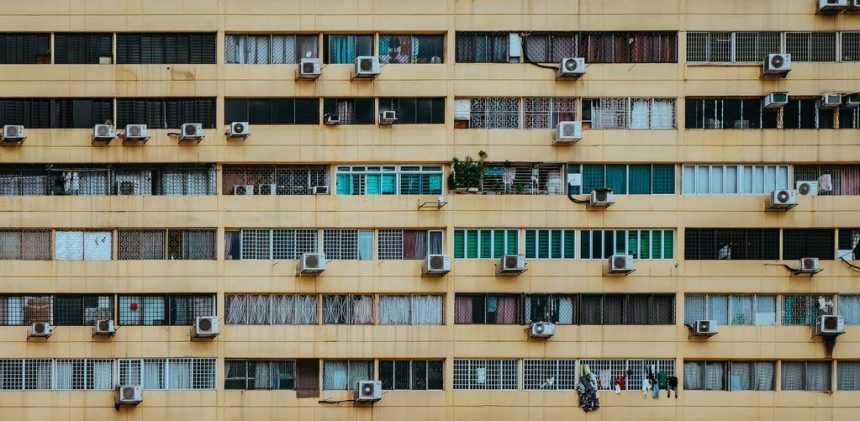The effective operation of your air conditioning system necessitates regular AC tune-ups. You need to check out your HVAC when it starts to malfunction. You’ll save money and time by having your air conditioner serviced regularly. If your air conditioner isn’t blowing cool air, it’s time for HVAC tune-ups. Here in this article, we will discuss some facts about HVAC tune-ups.
JumpStart Your HVAC System
Your HVAC has probably been off for a while by summer or winter. Sometimes it’s a worn-out electrical part. Sometimes, the dust and debris can also build up in your system due to lack of use.
Indeed, It can emit a pungent smell when you first turn on your electric heater—a fall tune-up checks for HVAC issues before winter. In the spring, we review your AC before the summer heat. It’s the best way to reactivate your system after a hiatus.
Improve Efficiency
HVAC technicians often spot minor problems. Sometimes it’s obvious a part is about to fail or that mice have been chewing electrical wires in the attic. Sometimes we find enough dust or debris to impede HVAC airflow.
Additionally, bushes and vines often grow around outdoor condensing units. Your outside unit is less efficient then. Hence, it will cause parts to wear out faster, or worse; your unit will cease working altogether.
Reduce Breakdown Likelihood
AC or heater breakdowns occur when needed most. If so, call an HVAC specialist. If it’s a significant problem, you may have to wait before the expert fixes it.
By arranging an autumn tune-up, the expert will inspect your HVAC system for problems before temperatures soar.
This reduces the chance of a breakdown. Keep it in mind, if your home feels muggy or humid, your HVAC system may need repair or maintenance. Dust, pollen, and mildew may have gathered in dormant filters. High humidity and dust in the air can cause odors. Poor air quality can cause respiratory problems, especially for allergy sufferers.
EPA-approved is Recommended
Indeed, the EPA and its Energy Star program recommend it for homeowners around the country to conserve energy and improve indoor air quality. It ensures your HVAC system functions properly and extends its life.
To Avoid Future Costs
A tune-up identifies problems before they worsen. It’s cheaper to correct a problem early on than after it worsens. During a tune-up, the expert inspects your HVAC system from top to bottom. A little tune-up could save you a lot of money.
Plus, it’s best to do repairs in the spring or fall when the temperature is still mild. You’ll have time to decide whether to fix or replace your system. Making decisions in the summer or winter is difficult.
Longevity Enhancement
Take care of your HVAC to extend its life—twice-yearly schedule maintenance. If you maintain your HVAC, it should last 10-15 years. It helps preserve equipment warranties. Schedule a tune-up in the spring or fall, along with replacing air filters and cleaning the condenser.
Safeguarding
Restarting your HVAC system after a long absence is an excellent opportunity to check for safety issues. When did you last replace your smoke/CO alarms? HVAC professionals highly recommend these two safety items. Electrical failures can cause power outages, breakdowns, and fires: plan fall and spring HVAC tune-ups for your protection.














